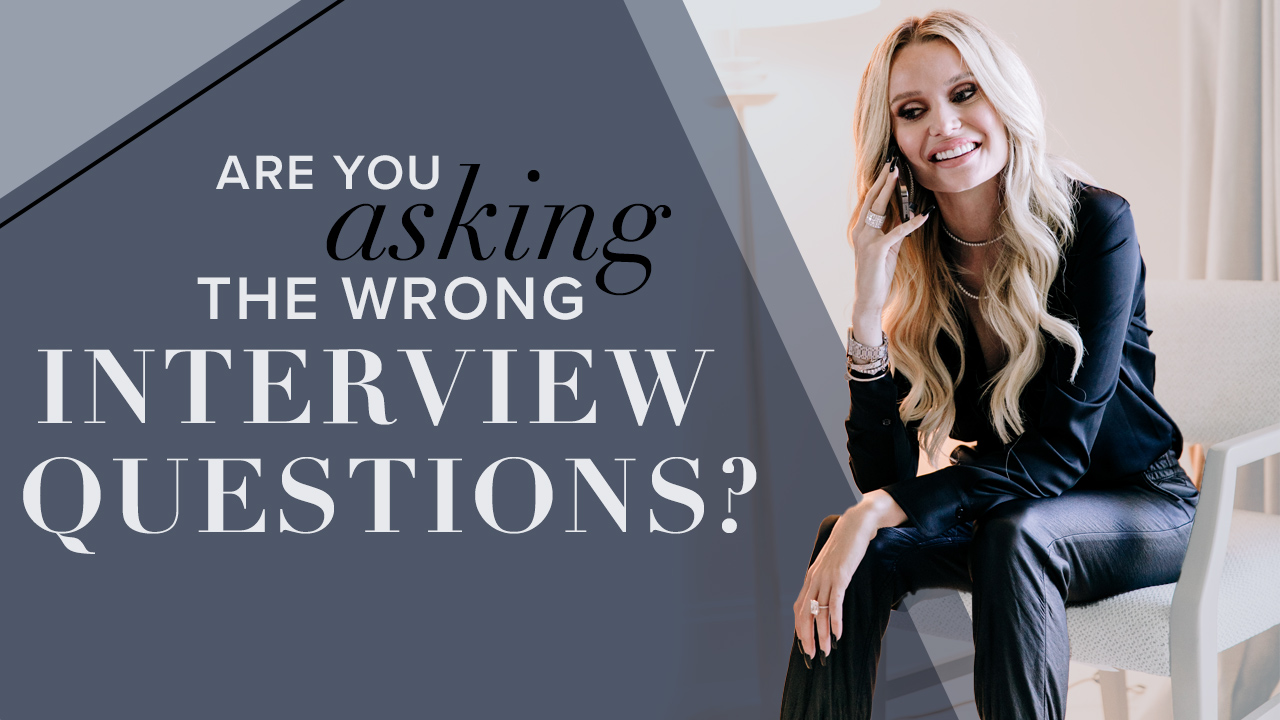If you’ve ever regretted making certain hires for your organization, then maybe you need a new approach. Learn how the Cardone Ventures team approaches the interview process in order to find the best candidates and future leaders of our organization.
I hate to break it to you, but sometimes it’s not them, it’s you. Okay, it’s still them, but at the end of the day, if you’re repeatedly hiring the wrong people for your organization, then you bear responsibility for creating these outcomes.
Some people interview really well, and then once they’ve landed the job, they turn out to not be a great fit once the actual work begins. Others — those diamonds in the rough — can get lost in the interview process because they’re not being asked the right questions.
You need a better way to find better candidates to create better outcomes. I’ve hired hundreds of team members and developed a process to make how we interview more effective, so that I can spend less time wondering if someone is “right” and more time scaling our business and the businesses we were working with.
A three-step interview process
Your time is valuable. So is the time of the people who are looking for the next phase of their careers. In respect of this, I’ve created a three-step process for interviewing that is oriented around Cultural, Operational, and Core Values-based questions and presentation sections.
This not only establishes the essential consistency that is needed for interviewing and hiring the right people for the organization, but it also ensures that we’re aligned in the areas that matter most to both parties. And I do mean both parties. If our interviewees can’t be bothered with cultural, operational, and core value alignment with the Cardone Ventures team, then it’s glaringly obvious that we’re wasting one another’s time.
I don’t want to waste my time. I want to 10X this business. I want team members dedicated to that mission, just like you want team members dedicated to your business’s mission.
Here’s a look at how to achieve that in your organization.
Part 1: The Cultural Interview
This part of the interview process is where we’re seeking the answer to the question, “Do they have the behavioral attributes necessary to be culturally aligned?”
Some of you might be thinking, “Hey, I have great instincts when it comes to interviewing. I know right away whether or not someone is culturally aligned with our organization.” And, hey, that might be true, but that is a rare skill, and your gut feelings aren’t something that can be duplicated. Besides, do you really want to be handling all of your business’s interviews forever?
This is the perfect opportunity early on in the interview process to establish if you’re a good cultural match. These are just a few of the essential questions you should be asking your candidates:
- What research did you do about [company name]?
- Walk us through your past 3 positions and what results you were responsible for in each role.
- What professional goals would you like to accomplish over the next 5 years?
- What are your salary expectations for this role?
- What does a good day look like for you? How can we expect you to show up on difficult days?
- Why are you looking for a new opportunity?
- Why should we hire you?
- What questions do you have for us?
I find all of these questions incredibly informative, but take note of the last one. I want to work with curious people. Curious people are interested in figuring things out, and in solving problems. If you’re interviewing someone and they have no questions for you, then that’s a red flag. So is their not having questions beyond things like vacation time. This is their opportunity to ask insightful questions. If they don’t, they aren’t a fit for a high performing environment.
Part 2: The Operational Interview
It’s at this stage of interview process, that I want a clear answer to the question, “Does the candidate have the technical skill set and experience to have a high level of effectiveness?”
This is a little different in that it can’t be answered in a simple Q&A format. The operational phase of this process is a technical interview where we give each candidate the same case study to work through that is representative of the work that they would be doing for us.
It’s their responsibility to deliver a case study presentation where they present their findings and we ask questions about his/her technical abilities. An added bonus is that we also get a clear sense of their presentation and communication skills. Having technical abilities is just one thing that matters to us. Good business means great communication. People have to understand where you are coming from, and the onus is on the presenter to achieve that. Some example case studies are as follows:
- Finance: create a budget, decifer a P&L
- Marketing Manager: Build or review an annual marketing budget
- Graphic Design: create a logo or advertisment in 10 minutes
- Project Manager: create a communication plan for a demo project
- Account Manager: rank a template SWOT analysis from least to most important
Part 3: The Core Values Interview
This final interview phase is where the candidate must demonstrate alignment with our core values.
Like phase two, this is a presentation and Q&A format, but instead of presenting on technical abilities, they are directed to our website where we have our core values posted. Then, they’re given five minutes to present to us how they and their work can demonstrate alignment with the core values of our organisation, followed by a ten-minute Q&A session.
It’s pretty clear when someone is aligned versus those who have not. This process has now, countless times over, helped me find the best people to push our business forward. This interview achieves 2 goals:
The candidate (soon to be new hire) will have memorized your core values before becoming a full-time team member. This reinforces that YOU take your core values seriously and ensures that no team member joins your company without understanding your DNA.
Additionally, this presentation is the final check if there is true alingment between the candiate and the organizations prioritires. The reality is that true high performers have a track record of being disciplined, accountable, and results oriented. They will be able to easily draw up examples in their lives that put these qualities on display. By incorporating a core values interview, you’re reducing the chances that you’ll allow an underperformer in your team.
If you want to 10X your business, then you need the best people, and if you want the best people, then you need to be using the best processes — if you’re interested in taking your people skills and processses to the next level, check out our People Essentials Workshop.

